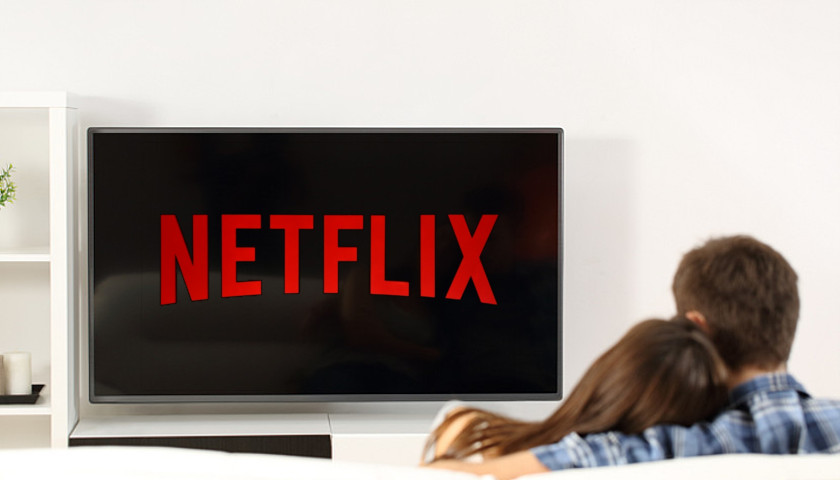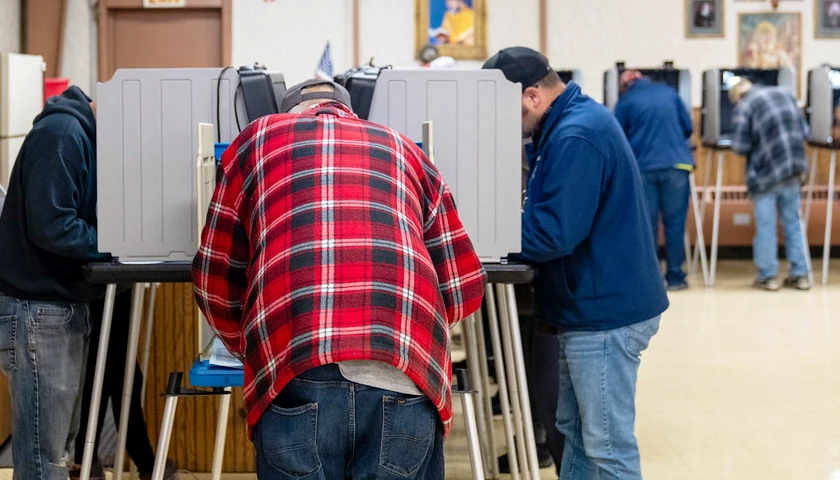A Netflix show appears to be attempting to revive the atmosphere of corporate activism, economic blackmail, and political point scoring seen during the 2016 fight over North Carolina’s House Bill 2 – also known as the ‘Bathroom Bill’.
Jonas Pate, the creator of the Netflix show OBX, has threatened to take filming of 10 episodes of the show to Charleston, South Carolina because of a provision in the repeal bill for House Bill 2 (HB2). Netflix as a company has yet to comment on Pate’s position.
The repeal bill (House Bill 142) has a provision placing a moratorium on municipalities passing local ordinances. The moratorium sunset date falls after the 2020 elections, which makes it difficult to revive HB2 and House Bill 142 as a political wedge issue.
Pate’s choice of Charleston is likely intentional, as it is one of only two cities in South Carolina that has a public accommodations ordinance that includes, “perceived heterosexuality, homosexuality or bisexuality or gender identity or expression.”
South Carolina as a whole received a ‘failing grade’ from the Human Rights Campaign (HRC) in their 2018 Municipality Equality Index. By contrast, Netflix received a perfect score of 100 on HRC’s 2018 corporate equality index report.
Pate complained to the Fay Observer that “This tiny law is costing this town 70 good, clean, pension-paying jobs and also sending a message to those people who can bring these jobs and more that North Carolina still doesn’t get it.”
However, it can be argued that North Carolina, in fact, did ‘get it.’ One has to go back to the reason House Bill 2 was passed in the first place to see why.
House Bill 2, dubbed the ‘Bathroom Bill’ by activists and the media, was put into place by the North Carolina General Assembly to stop the implementation of an illegal facilities ordinance passed by the Charlotte City Council.
The Charlotte Ordinance would have made all single-sex restrooms and similar facilities inside the city limits illegal. Both private and public owned facilities were included in the ordinance.
Importantly, the ordinance also violated the state’s Constitution in addition to violating multiple privacy statutes such as indecent exposure and criminal trespass laws. At that time, other municipalities were also threatening similar ordinances, arguably making the moratorium provision in House Bill 142 a necessity.
North Carolina’s Governor Roy Cooper signed House Bill 142.
“I agree with many business leaders and major organizations that while this compromise legislation is far from perfect, it gets House Bill 2 off our books so that we can move forward,” Governor Cooper said at the time in a press release. “This is the first major step in a continued fight for statewide anti-discrimination protections.”
Companies, many of which had special tax breaks or subsidies and who had protested HB2, shared statements in acceptance of the bill.
The kind of subsidies Hollywood and corporations have received from states may be a related issue.
In North Carolina, the idea of ending corporate welfare type subsidies is being kicked around. One way proposed is to eliminate corporate taxes in the state.
Governor Cooper’s dislike of the tax reforms enacted by the state legislature is no secret. Less than three days into his term, Cooper was already proposing a tax hike.
Less than 72 hours in and @RoyCooperNC already wants to raise your taxes. 🤔 #ncga #ncpol pic.twitter.com/oMIM9quree
— NCGOP (@NCGOP) January 4, 2017
Time and again, Cooper has said that “corporations and millionaires” should not see tax breaks, yet that did not stop him from working with public officials to create massive incentives in an attempt to attract Apple and Amazon.
Public officials are now refusing to reveal the exact amount and details of what they dangled in front of Apple and Amazon. One estimate had a figure of around $2.4 billion. Another source showed the city of Charlotte authorizing $13M in tax breaks to Amazon.
In the end, neither Apple nor Amazon chose the Tar Heel state for their new facility sites.
Apple picked Austin, Texas for their new campus; a deal estimated to bring 5,000 jobs and be worth over $1 billion.
Amazon chose to split its second headquarters between a city in Queens, Long Island, and Virginia’s Crystal City. The new facility is expected to yield 50,000 jobs and be worth $5 billion.
– – –
A.P. Dillion is a reporter at Battleground State News.





